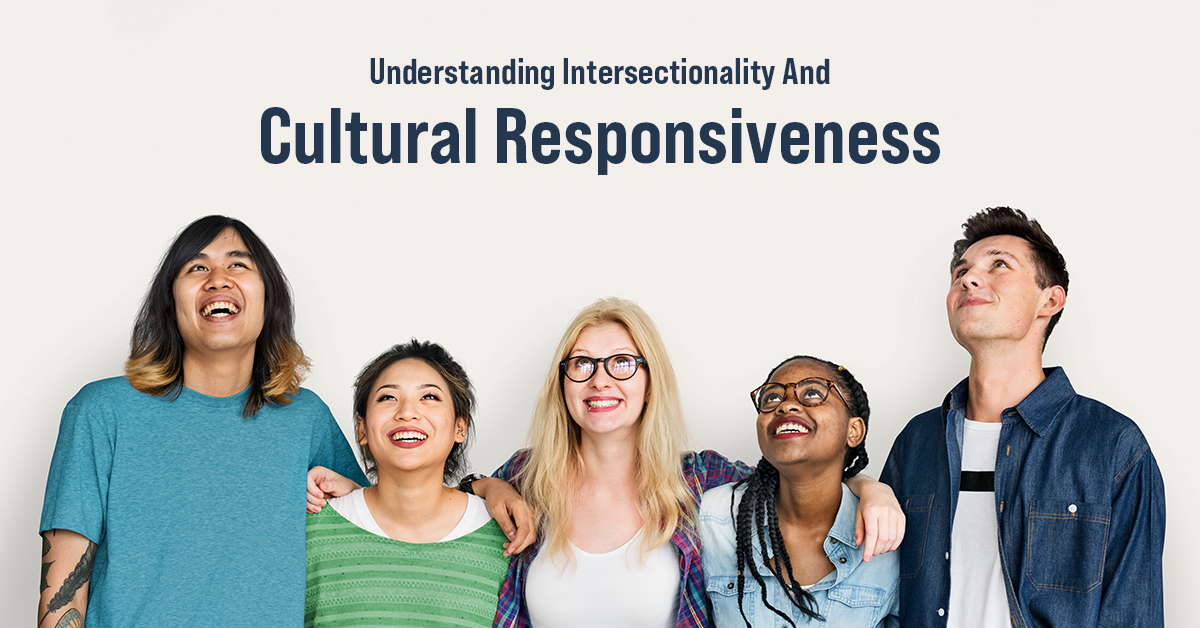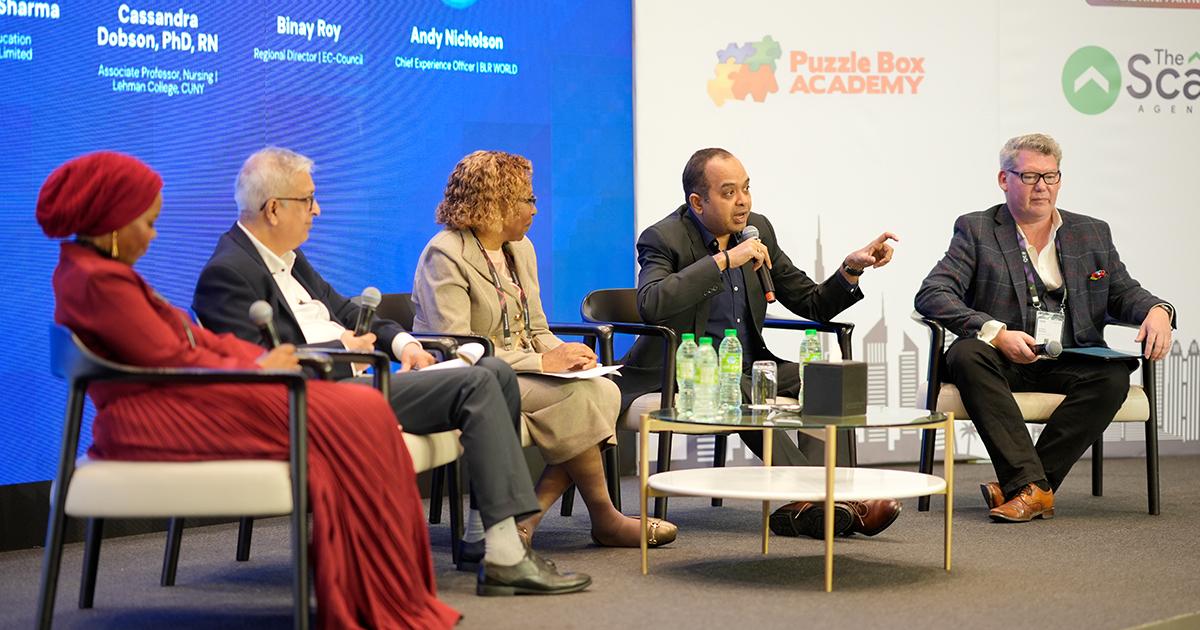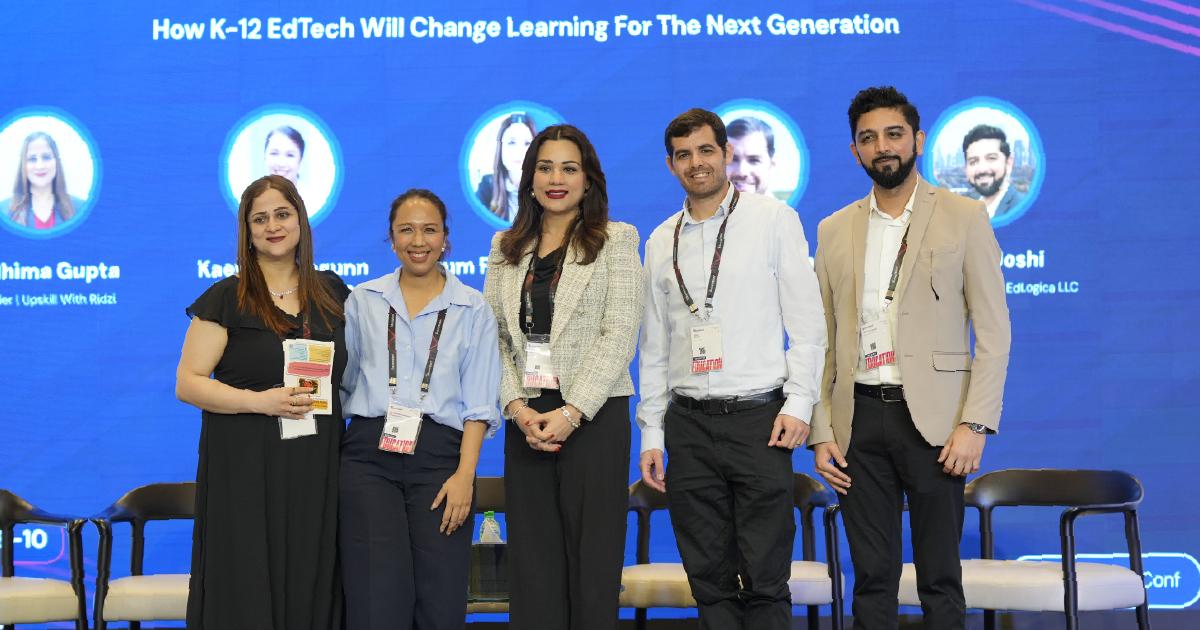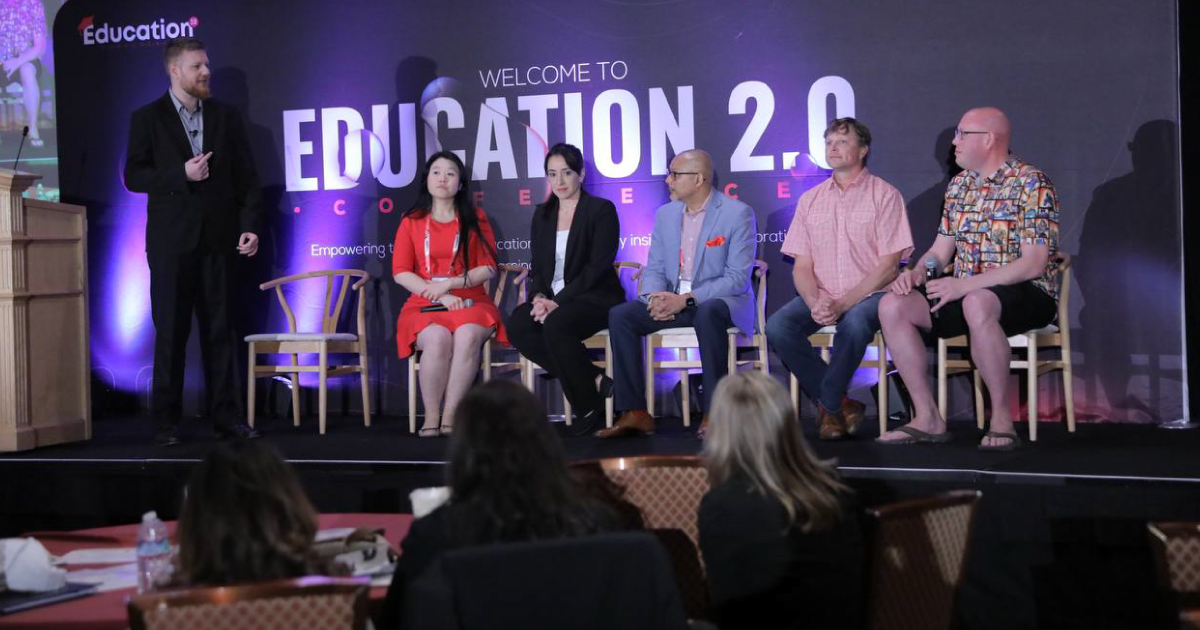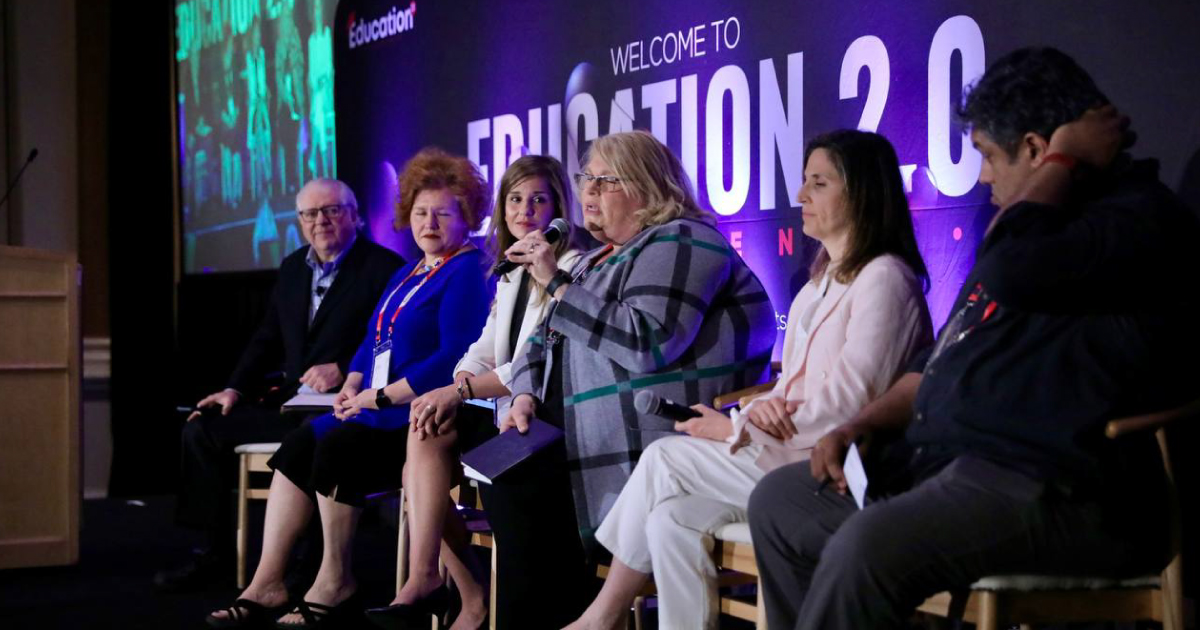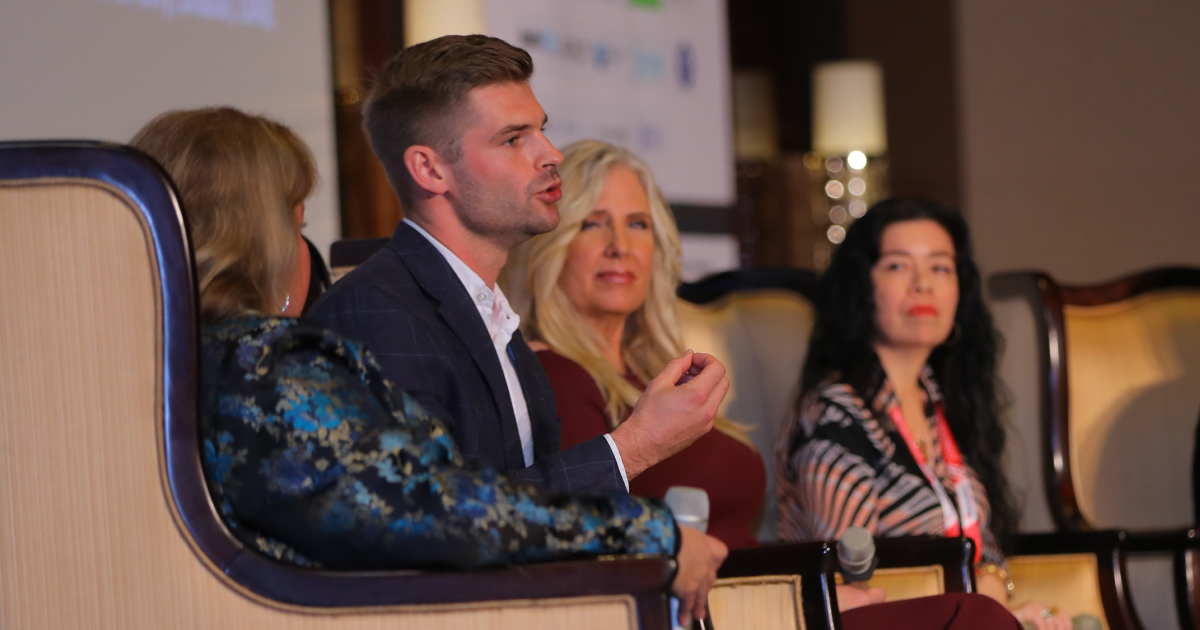Humanity consists of unique identities that collectively create a rich and diverse social and cultural system. Our individual experiences are shaped not by single strands but by a myriad of intersecting threads, forming complex identities that deserve recognition and appreciation. This intricate interplay of various aspects of ourselves is known as intersectionality — the understanding that our identities are not isolated, but interconnected.
In this blog, we will use expert insights from leading education conferences to explore intersectionality and cultural responsiveness, navigating through the intricacies of multiple identities. Uniting with Education 2.0 Conference’s aim to bridge the gap between theory and practice, we will delve into ways to foster inclusivity and combat biases that hinder meaningful connections.
The Complex Nature Of Intersectionality
Cultural responsiveness is the practice of acknowledging and valuing diverse perspectives, experiences, and backgrounds. Imagine yourself as a unique mosaic, each tile representing an essential aspect of who you are - your race, gender, ethnicity, religion, sexual orientation, socioeconomic status, and more. Intersectionality is the art of acknowledging that no single tile defines your entire identity. Instead, it's the interlocking of these diverse tiles that creates the intricate masterpiece that is you.
Intersectionality, a concept introduced by Kimberlé Crenshaw, acknowledges that individuals hold multiple identities that intersect and interact in complex ways. It's not just about being a woman or belonging to a particular ethnic group; it's about how those identities overlap, shaping the lens through which you experience the world. Top education conferences believe that recognizing intersectionality is vital for creating a more inclusive society in 2024 and onward.
Unpacking Cultural Responsiveness
Cultural responsiveness is the key that unlocks the door to meaningful connections in our diverse world. It goes beyond simply recognizing differences; it's about actively embracing and valuing those differences to create an inclusive and harmonious society. Let's delve into the concept of cultural responsiveness and explore its significance in fostering empathy and understanding:
- A Bridge of Understanding:
Cultural responsiveness bridges the gap between people from various backgrounds by encouraging open dialogue and curiosity. Research shows that individuals who engage with diverse cultures are more likely to have higher levels of empathy and lower levels of prejudice.
- Respecting Cultural Norms:
Embracing cultural responsiveness means respecting and acknowledging the norms, values, and traditions of different communities. This builds trust and strengthens relationships between individuals and across communities.

- Breaking Down Stereotypes:
Cultural responsiveness challenges stereotypes and promotes a deeper understanding of the complexities within each culture. It helps combat biases that may have been perpetuated by limited or inaccurate representations in media and society.
- Fostering Inclusivity:
In workplaces and educational settings, cultural responsiveness fosters inclusivity by creating an environment where everyone feels valued and heard. According to a study by Deloitte, inclusive teams outperform their peers by 80% in team-based assessments.
- Empowering Communities:
Culturally responsive practices empower marginalized communities by providing them with equal opportunities and representation. This leads to greater social cohesion and a stronger sense of belonging.
In our journey to embrace diversity, cultural responsiveness serves as a compass guiding us towards empathy and connection. Top educational conferences in 2024 have streamlined their agendas to help individuals adopt this mindset, creating a safe space for cherishing unique identities.
Recognizing And Valuing Multiple Identities
Experts at education conferences suggest that recognizing and valuing multiple identities is an essential aspect of embracing diversity and understanding intersectionality. Professional educationalists gathered at Education 2.0 Conference explain why this practice is crucial and how it contributes to a more inclusive and compassionate society:
- Embracing Individual Complexity:
Each person possesses a unique combination of identities that shape their perspectives and experiences. For instance, a report by the American Psychological Association highlights how considering the intersectionality of identities is essential in understanding mental health experiences among diverse populations.
- Breaking the Single-Story Narrative:
By acknowledging multiple identities, we break free from the trap of the "single story" that tends to stereotype and oversimplify people. Embracing diverse identities fosters a deeper understanding of the richness and complexity of human lives.
- Empowering Marginalized Communities:
Recognizing and valuing multiple identities is vital for empowering marginalized communities. It helps dismantle systems that perpetuate discrimination and ensures that every individual's unique needs are met.
- Advancing Social Justice:
Inclusive societies that appreciate multiple identities are better equipped to address systemic inequalities. Research published in the Journal of Personality and Social Psychology shows that diverse groups are more effective at problem-solving and generating innovative solutions.
- Building Stronger Connections:
When we value and respect multiple identities, we forge deeper connections with others. It enhances empathy and cultivates an environment where people feel heard and understood.
Navigating Challenges And Biases
As we strive to embrace diversity and practice cultural responsiveness, we must acknowledge the challenges and biases that may hinder our progress. Navigating these obstacles is a crucial step in creating an inclusive and equitable society. Here are some of the common challenges and biases that top education conference in 2024 are expected to highlight, and insights on how we can address them:
- Unconscious Bias:
We all have unconscious biases, shaped by societal norms and experiences. These biases can affect our perceptions and decisions, leading to unintentional discrimination. According to a study published in the Proceedings of the National Academy of Sciences, hiring managers are more likely to favor candidates with names perceived as "white-sounding" over others with "ethnic-sounding" names.
- Stereotyping:
Stereotypes are oversimplified and often inaccurate assumptions about individuals based on their identities. Overcoming stereotypes requires actively challenging preconceived notions and seeking to understand individuals as unique human beings.
- Fear of the Unknown:
Fear of the unknown can lead to discomfort when encountering cultures or identities different from our own. It is essential to approach new experiences with an open mind, curiosity, and a willingness to learn.
- Lack of Representation:
Underrepresentation of certain identities in media, leadership positions, and decision-making roles can perpetuate inequalities and limit opportunities for marginalized communities.
- Microaggressions:
Microaggressions are subtle and unintentional comments or actions that convey derogatory messages to people based on their identities. These seemingly small acts can have a significant impact on individuals' self-esteem and sense of belonging.
Addressing these challenges requires continuous self-reflection, education, and open dialogue. As individuals and communities, we must actively work to dismantle biases, promote diversity, and cultivate empathy. By confronting challenges head-on, we pave the way for a more inclusive and compassionate society, where everyone feels valued and respected for their unique contributions to the beautiful tapestry of humanity.

Fostering Inclusivity And Empathy
In our quest to embrace diversity, fostering inclusivity and empathy are the cornerstone principles that build bridges of understanding and unity. When we create an inclusive environment that celebrates diverse identities, we sow the seeds of empathy, leading to a more compassionate and harmonious society. According to experts from top educational conferences, here's how we can actively foster inclusivity and empathy:
- Embracing Differences:
Inclusivity starts with acknowledging and embracing the uniqueness of each individual's identities. Research by the Harvard Business Review reveals that companies that prioritize diversity and inclusion experience higher employee engagement and retention rates.
- Active Listening:
To cultivate empathy, we must listen actively and attentively to the stories and experiences of others. This empathetic listening creates a safe space for individuals to share their perspectives, fostering mutual understanding.
- Educating and Unlearning:
Empathy grows when we educate ourselves about the histories and struggles of different communities. It also involves unlearning biases and stereotypes that might hinder our ability to connect with others authentically.
- Cultivating Cultural Competence:
Understanding the customs, traditions, and values of diverse cultures helps us navigate interactions with respect and sensitivity. Cultural competence enhances empathy by bridging the gap between individuals from different backgrounds.
- Promoting Allyship:
Allyship involves actively supporting marginalized communities and advocating for their rights and inclusion. Being an ally means using our privilege and platform to uplift others' voices and create positive change.
By fostering inclusivity and empathy, we create a nurturing environment where individuals can thrive and feel valued for who they are. When diverse perspectives come together, innovative solutions arise, propelling society forward. For top education conferences in 2024, embracing diversity becomes a collective endeavor as they actively indulge the topic in their discussions.
Education 2.0 Conference Towards Empowering Cultural Inclusivity
Embracing diversity, understanding intersectionality, and practicing cultural responsiveness are transformative endeavors that enrich our society and foster empathy and inclusivity. By recognizing and valuing multiple identities, we break free from stereotypes and build stronger connections. Navigating challenges and biases requires continuous self-reflection and an open dialogue. Fostering inclusivity and empathy is the heart of this journey, creating a world where everyone's unique contributions are celebrated.
In this venture, Education 2.0 Conference plays a crucial role in this by providing a platform for educators, policymakers, and communities to come together, share knowledge, and promote inclusive practices. It is one of the most anticipated education conferences in 2024 that enables open communication and learning on a global scale, to enrich the educational future of our society.



